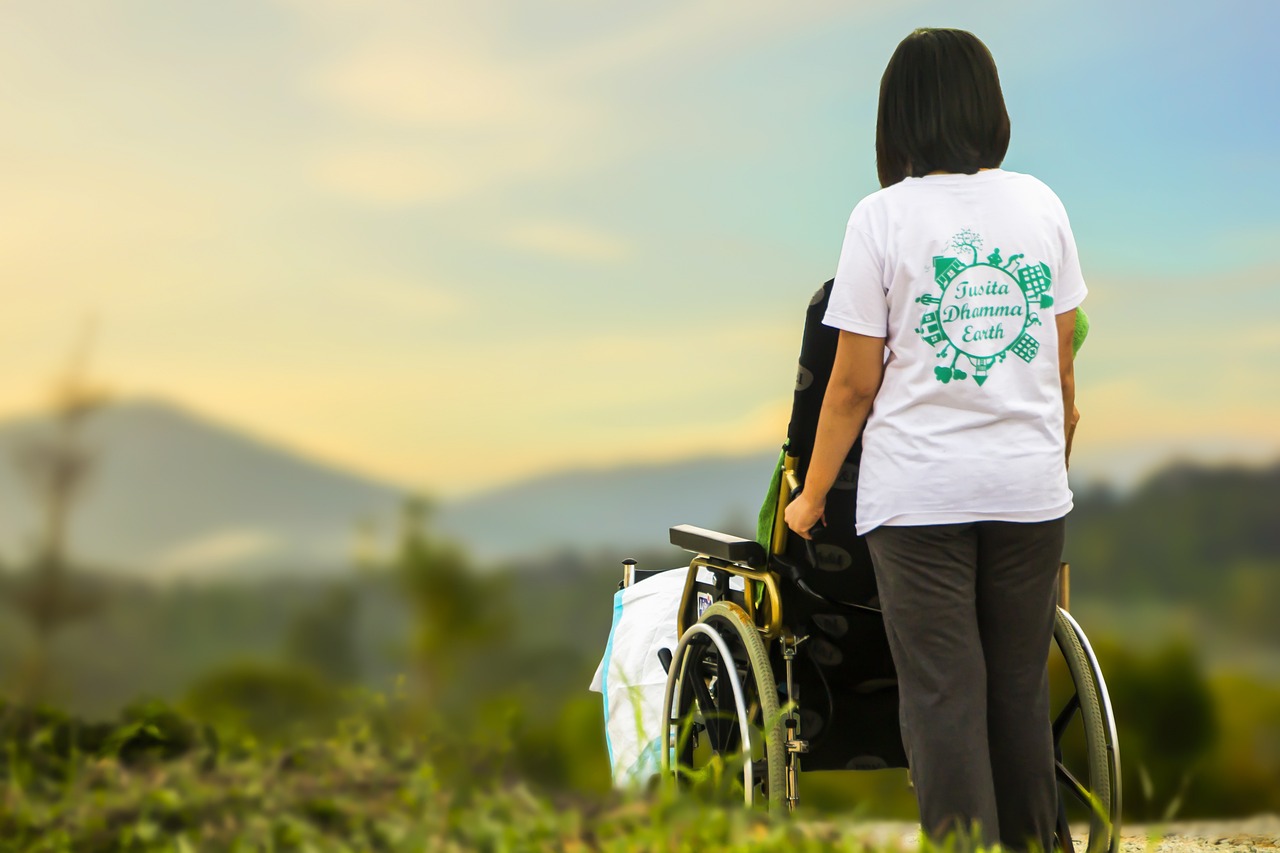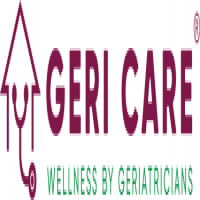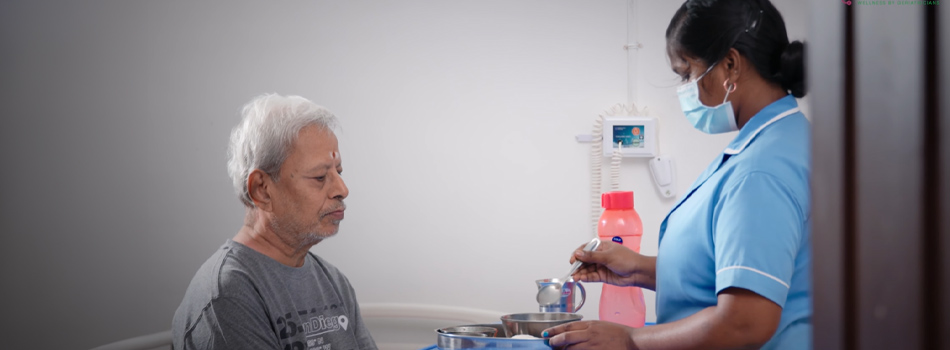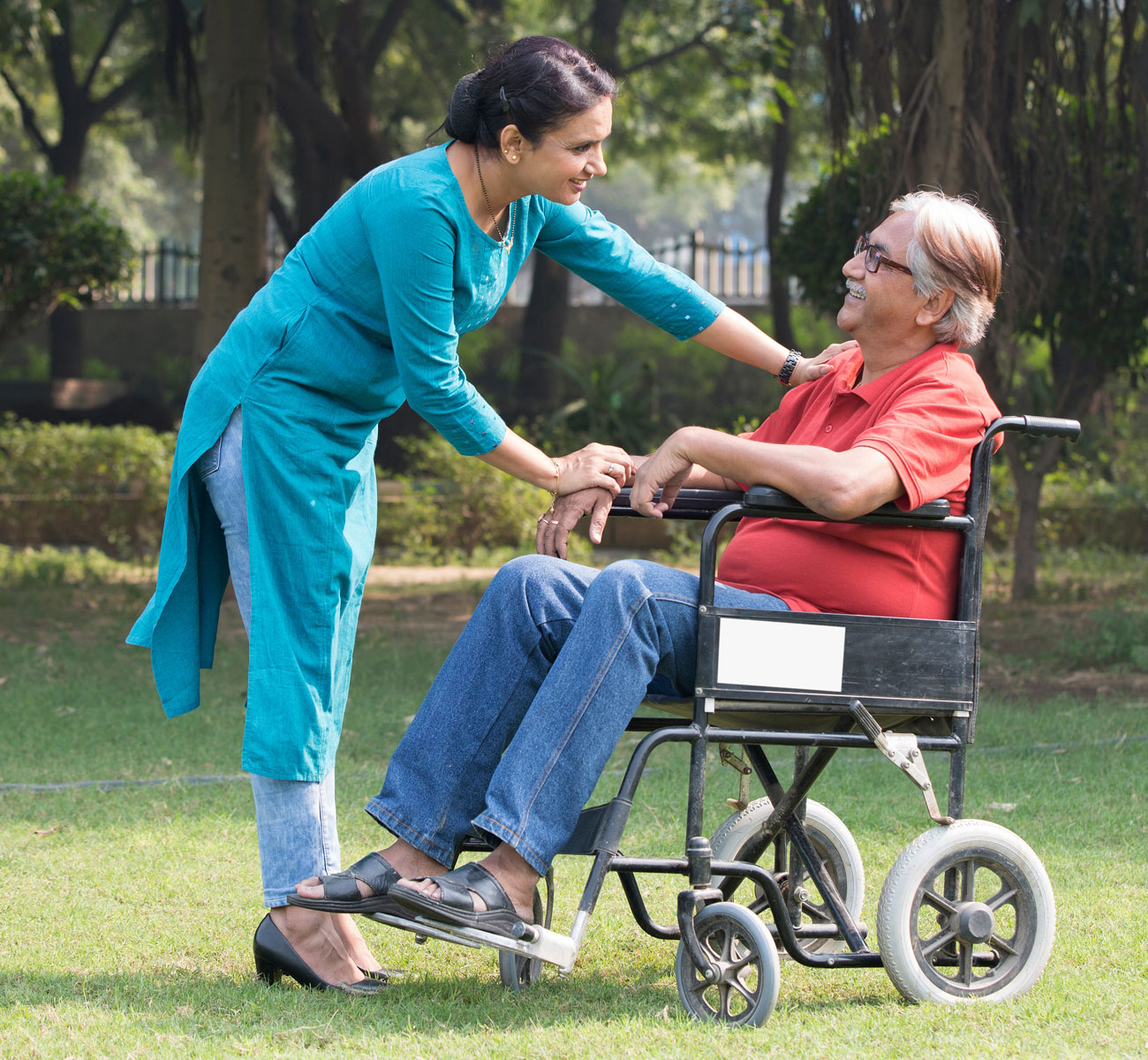Physiotherapy's Essential Role in Home Healthcare for the Elderly

Introduction
As people age, maintaining physical health and mobility becomes increasingly challenging. For elderly individuals, the presence of chronic conditions, reduced strength, and limited movement can hinder daily activities. Physiotherapy plays a vital role in addressing these challenges, especially when integrated into Home Healthcare Services. It not only supports the elderly in managing pain and improving mobility but also promotes overall well-being in a familiar environment.
Why Physiotherapy is Crucial for the Elderly
Enhancing Mobility: Aging often leads to a decline in muscle strength and joint flexibility, making movement difficult. Regular physiotherapy sessions help to maintain or restore movement, allowing seniors to perform daily activities independently.
Pain Management: Conditions like arthritis, back pain, and joint stiffness are common among older adults. Physiotherapists use targeted exercises, manual therapy, and techniques like heat therapy to alleviate pain, offering a non-invasive way to improve comfort.
Preventing Falls: Falls are a significant risk for the elderly, often leading to severe injuries. Physiotherapy focuses on balance training, strength-building exercises, and coordination improvement, reducing the risk of falls in seniors receiving care at home.
Benefits of Home-based Physiotherapy
Personalized Care: In Home Healthcare Services, physiotherapists can tailor sessions to the specific needs of the elderly patient. They assess the living environment and customize exercises that can be safely performed at home, ensuring better results.
Comfort and Familiarity: For many seniors, traveling to a clinic can be tiring and stressful. Home-based physiotherapy allows them to receive care in the comfort of their home, leading to more relaxed and effective sessions.
Encouraging Family Involvement: Home physiotherapy allows family members to observe sessions and understand the exercises, enabling them to support the elderly in maintaining their exercise routines between sessions.
Common Physiotherapy Techniques Used for the Elderly
Range of Motion Exercises: These exercises focus on improving the flexibility of joints, reducing stiffness, and maintaining muscle strength. They are especially useful for seniors with conditions like arthritis.
Strength Training: Strengthening exercises help build muscle mass, which naturally decreases with age. These exercises focus on key muscle groups, helping elderly individuals maintain their independence.
Balance and Coordination Training: This type of training is essential to prevent falls. It includes exercises like leg raises, standing on one foot, and using balance boards to enhance stability.
Manual Therapy: Hands-on techniques, such as massages and joint mobilization, help alleviate pain and improve joint movement. These methods are effective for relieving muscle tension and improving circulation.
Low-Impact Aerobic Exercises: Gentle activities like walking or water-based exercises are beneficial for cardiovascular health and overall mobility. These are tailored to the individual’s capabilities, ensuring safe participation.
Integrating Physiotherapy into Home Healthcare Services
Collaborative Care Plans: Integrating physiotherapy into Home Healthcare Services involves creating a holistic care plan. This plan is designed by collaborating with other healthcare providers, ensuring that physiotherapy aligns with the patient’s overall health needs.
Regular Assessments: Physiotherapists monitor progress through regular assessments, adjusting exercises as needed. This approach ensures that the elderly benefit from each session, as their routines adapt to their changing needs.
Focus on Long-term Health: While the immediate goal of physiotherapy is pain relief and mobility improvement, it also plays a critical role in maintaining long-term health. It aids in managing chronic conditions and prevents the onset of further complications.
Emotional Benefits of Physiotherapy for the Elderly
Boosting Confidence: Physiotherapy helps elderly individuals regain their strength and mobility, which often translates to improved confidence. Being able to move independently or with minimal assistance can greatly boost their self-esteem.
Reducing Anxiety: Limited mobility and pain can cause anxiety and depression among seniors. Regular physiotherapy, especially when part of Home Healthcare Services, provides a sense of routine and achievement, reducing stress levels.
Promoting Social Interaction: For seniors who may be isolated at home, interacting with a physiotherapist can be a positive experience. It offers them a chance to engage with someone outside their family circle, contributing to mental well-being.
Key Conditions Treated with Physiotherapy in Elderly Home Care
Stroke Rehabilitation: Stroke often results in partial paralysis, requiring specialized care. Physiotherapy helps in regaining movement, improving strength, and teaching adaptive techniques for daily activities.
Osteoarthritis: This common condition causes joint pain and stiffness. Physiotherapy includes exercises to strengthen the muscles around the joints, reduce pain, and improve function.
Parkinson’s Disease: For seniors with Parkinson’s, physiotherapy focuses on maintaining balance, improving posture, and enhancing the range of motion to manage symptoms effectively.
Chronic Obstructive Pulmonary Disease (COPD): Breathing exercises and aerobic conditioning are part of physiotherapy for elderly patients with COPD, helping to improve lung capacity and reduce breathlessness.
Post-Surgical Recovery: After surgeries like hip or knee replacements, physiotherapy is crucial for regaining strength, mobility, and ensuring a smooth recovery.
The Role of Caregivers in Supporting Physiotherapy
Motivating Regular Practice: Caregivers can help elderly individuals stick to their prescribed exercises by offering encouragement and reminding them of the benefits.
Creating a Safe Environment: Adjusting the home environment by removing tripping hazards, adding grab bars, and providing mobility aids ensures that seniors can perform their exercises safely.
Monitoring Progress: Caregivers can keep track of the progress made in each session, sharing this with the physiotherapist to ensure that the care plan remains effective.
Choosing the Right Physiotherapy Program
Qualified Physiotherapists: It’s essential to choose a licensed physiotherapist who has experience working with elderly patients. This ensures that the techniques and exercises used are safe and effective.
Tailored Approach: The best physiotherapy programs are those that adapt to the needs of each senior, considering their medical history and current health status. This personalized approach leads to better outcomes.
Integrating with Home Healthcare Services: Opting for physiotherapy through a trusted Home Healthcare Services provider ensures that seniors receive consistent and professional care. It also facilitates seamless communication between physiotherapists, doctors, and caregivers.
Conclusion
Physiotherapy plays a critical role in improving the quality of life for elderly individuals, especially when delivered through Home Healthcare Services. It not only helps in managing pain and improving mobility but also offers emotional support, encouraging seniors to live more active and fulfilling lives. By choosing home-based physiotherapy, families can ensure that their loved ones receive the care they need in a comfortable and familiar environment. For elderly individuals seeking compassionate and effective care, integrating physiotherapy into their daily routine can make all the difference in their well-being and independence.
Note: IndiBlogHub features both user-submitted and editorial content. We do not verify third-party contributions. Read our Disclaimer and Privacy Policyfor details.






